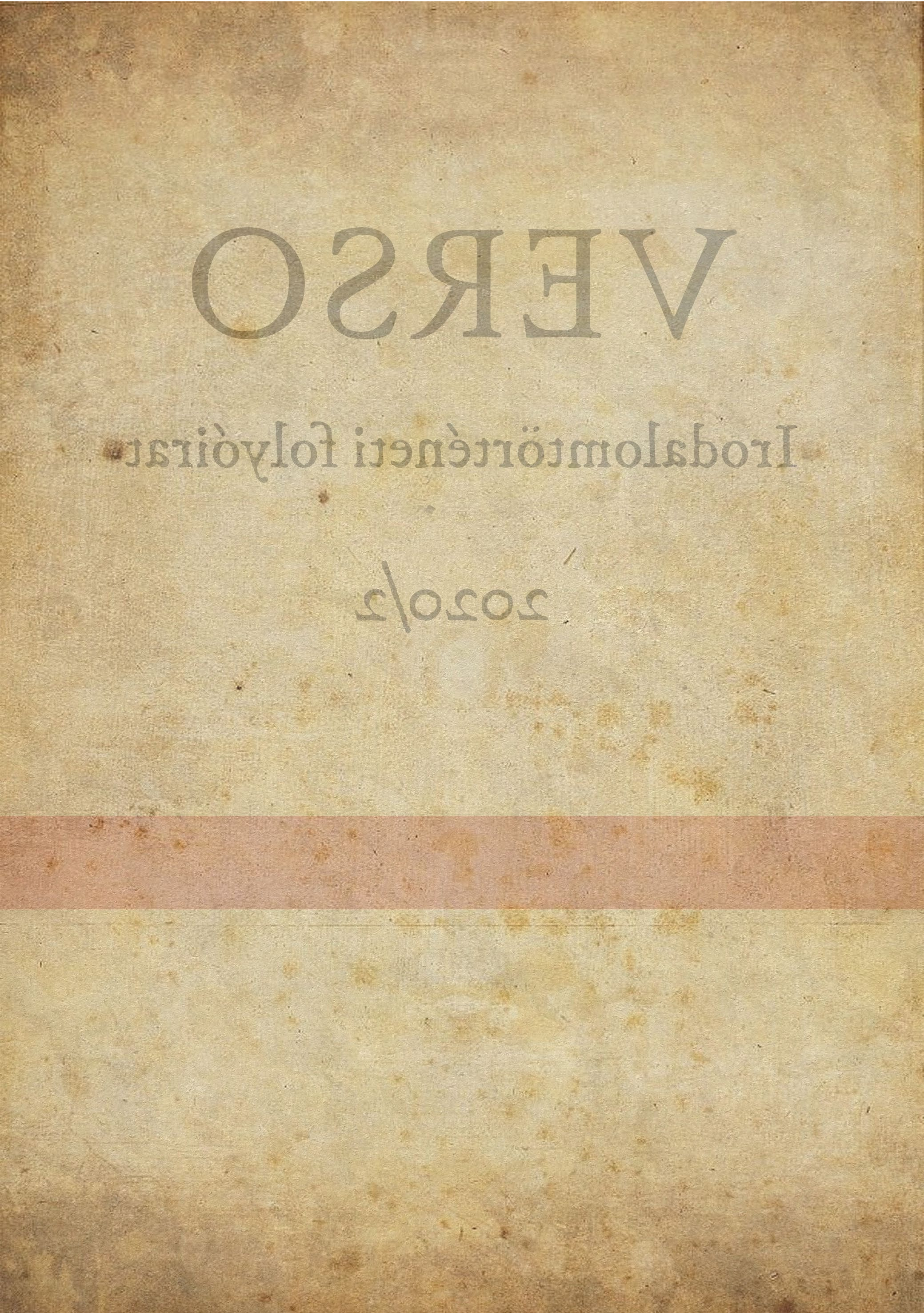When Leviathan is the Text
Moby-Dick and the American Body Sciences
DOI:
https://doi.org/10.15170/VERSO.3.2020.2.109-125Abstract
The empirical episteme of the European enlightenment lent scientific status to Johann Kaspar Lavater’s system of physiognomy. The nineteenth-century novel, in turn, accommodated the strategies of facial analysis in delineating character. The essay discusses the undermining of these conventions in Herman Melville’s Moby-Dick (1851). By applying the methodology of reading the human face, head, and skull on a non-human creature (the whale), Melville subverts the authority physiognomy, phrenology, and craniology as practiced in the United States. Ishmael’s incursions into the secrets of the whale’s mind and character by way of its body illuminate and expose the social and economic implications of the body sciences.

